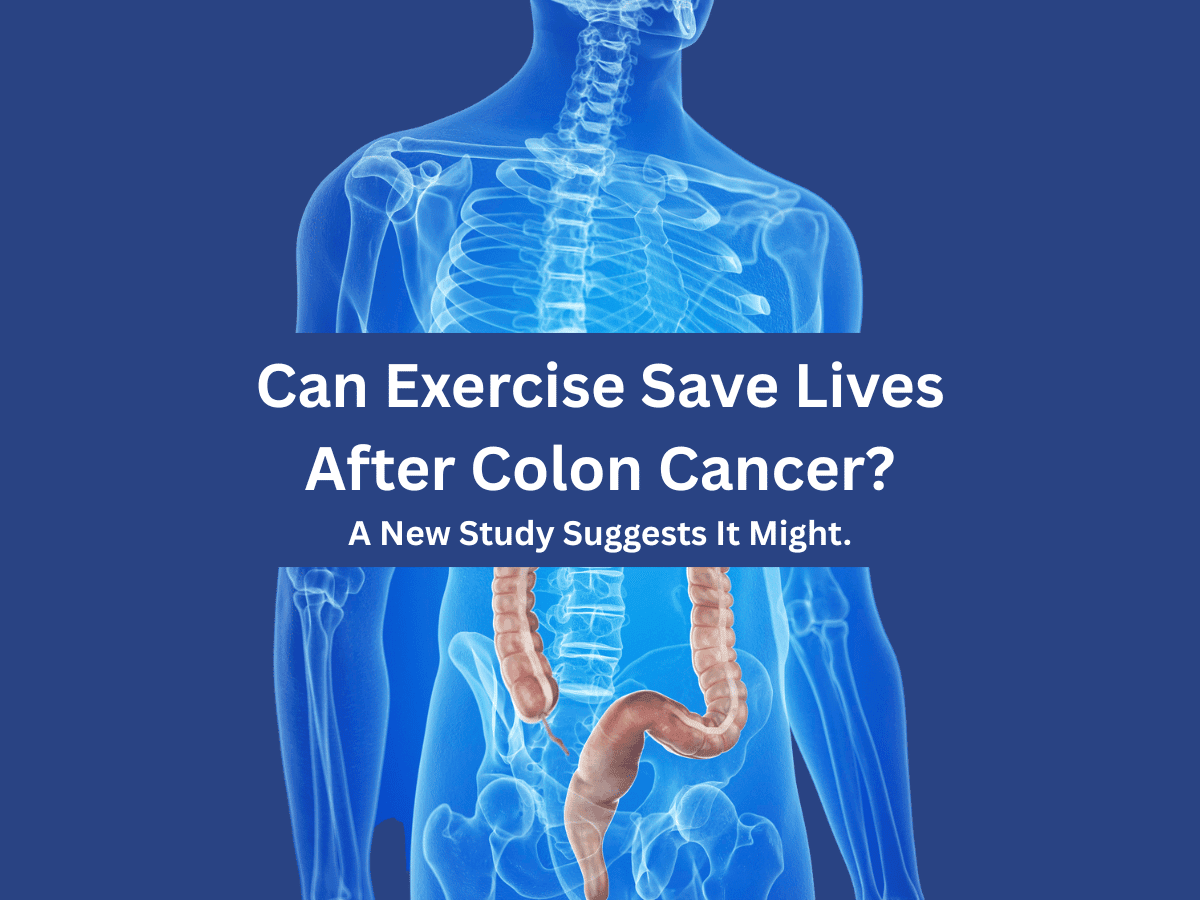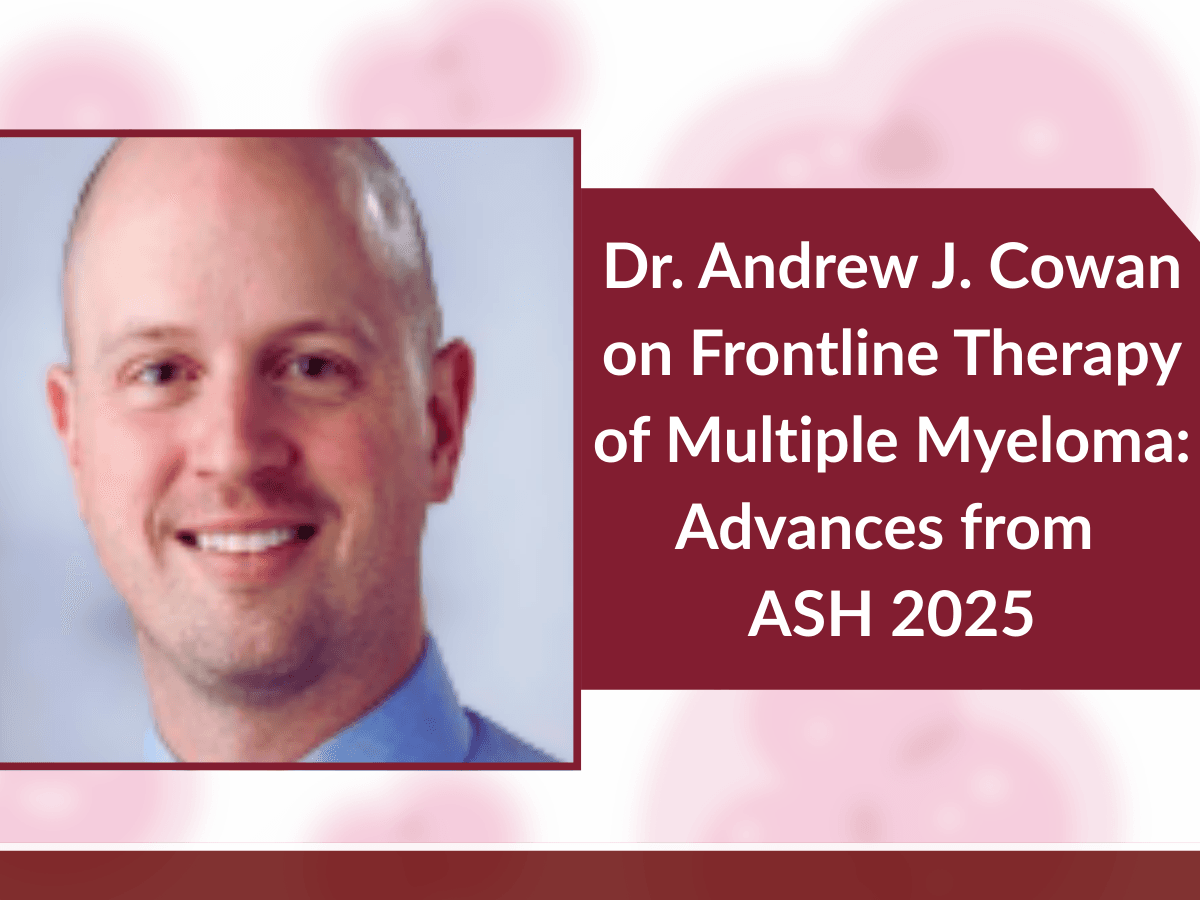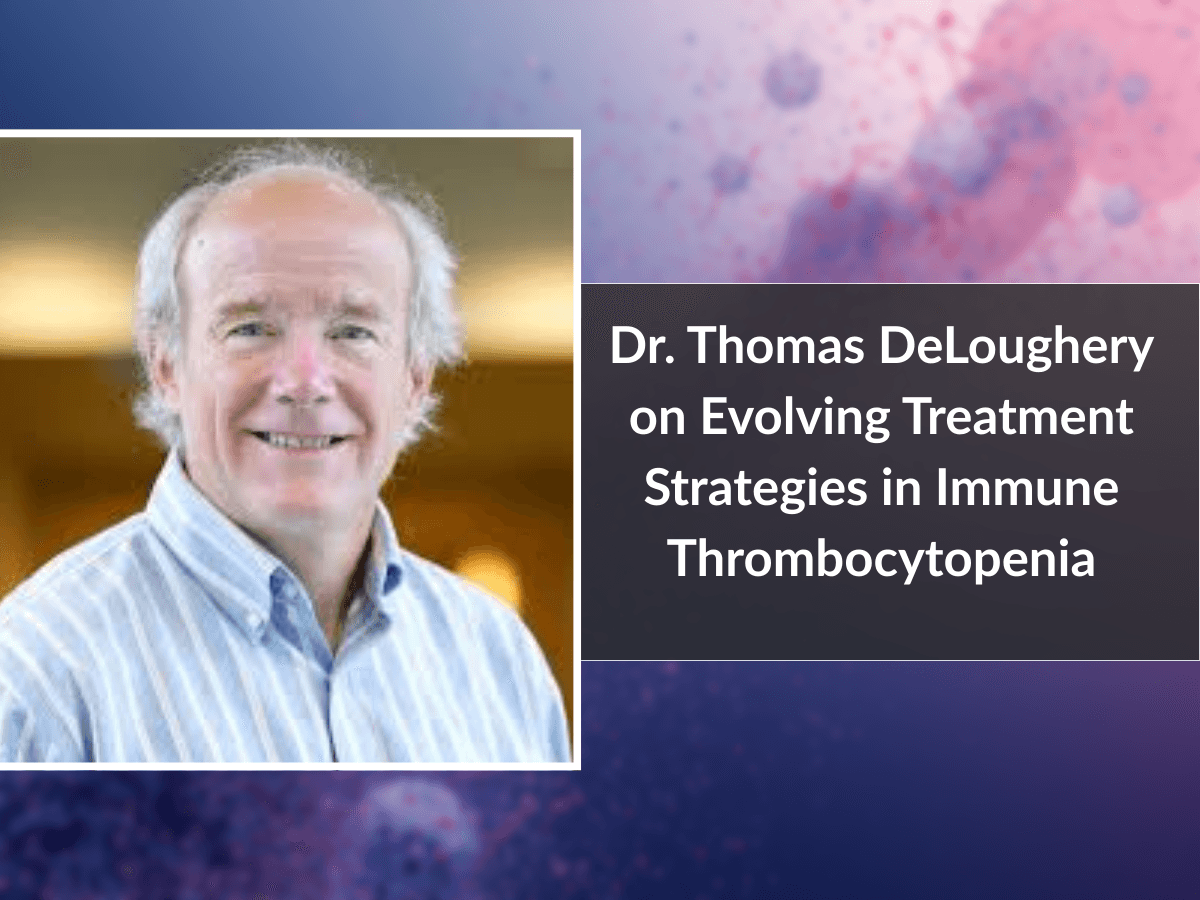
The Cancer News
AN AUTHORITATIVE RESOURCE FOR EVERYTHING ABOUT CANCER
Can Exercise Save Lives After Colon Cancer? New Study Suggests It Might

A new study reveals that a structured exercise program started right after adjuvant chemotherapy may improve disease-free survival (DFS) and overall survival (OS) in patients with stage III or high-risk stage II colon cancer.
The study is based on a phase 3 randomized clinical trial called CHALLENGE, conducted at 55 centers in Canada and Australia between 2009 and 2024. It posed the question: Does a structured physical activity program, combined with health education materials, improve outcomes for patients who have completed surgery and chemotherapy for high-risk stage II or stage III colon cancer, compared to health education materials alone?
Researchers randomly assigned 889 patients (median age: 61; 51% female) to either a structured exercise program (445 patients) or a health education materials group (444 patients). The exercise group received individualized coaching and a prescribed exercise plan, meeting with a physical activity consultant twice a month for the first 6 months, then monthly for the remainder of the 3-year intervention. Participants were followed for a median of 7.9 years, allowing for long-term assessment of both DFS and OS.
The results were promising:
- After 5 years, 80.3% of people in the exercise group had no signs of cancer recurrence, compared to 73.9% in the health education group.
- After 8 years, 90.3% of the exercise group were still alive, compared to 83.2% in the control group.
Overall, participants who exercised had a 28% lower risk of cancer recurrence and a 37% lower risk of death compared to those who did not follow the exercise program. The most common side effects in the exercise group were musculoskeletal, such as muscle strains or bone fractures.
ASCO experts and study authors describe this as the first randomized phase 3 trial to show that post-treatment exercise is both feasible and effective in improving survival outcomes for colon cancer patients. They recommend that structured exercise programs become part of standard care after chemotherapy for these patients.
This study contributes to the growing body of evidence supporting exercise as a critical part of cancer recovery and survivorship care. In oncology, systematic reviews of animal and human studies indicate that exercise may enhance the effectiveness of cancer treatments, such as chemotherapy and hormone therapy, by acting in additive, sensitizing, or synergistic ways.
Retrospective studies have also shown that cancer survivors who regularly engage in physical activity have lower risks of recurrence and death compared to those who remain inactive.
Molecular studies further support these findings. Exercise has been shown to influence the expression of proteins and hormones that either block cancer growth or suppress those that promote tumor development. For example, one study found that moderate swimming increased dopamine levels, which regulate TGF-β1, a protein that can help prevent cancer growth and lung metastases. Other research suggests that exercise may help protect against cancer by repairing damaged DNA, lowering the activity of cancer-causing genes, and changing hormone levels related to cancer risk.
In summary, a large body of prospective, retrospective, and correlational studies strongly supports that regular physical activity after a cancer diagnosis is linked to lower recurrence rates and better survival across multiple cancer types.
Researchers from the CHALLENGE trial are now investigating how exercise reduces cancer recurrence by analyzing blood samples from participating patients. This trial is projected to be completed in December 2030.
Works Discussed
-
Courneya, K. S., Vardy, J. L., O'Callaghan, C. J., Gill, S., Friedenreich, C. M., Wong, R. K. S., Dhillon, H. M., Coyle, V., Chua, N. S., Jonker, D. J., Beale, P. J., Haider, K., Tang, P. A., Bonaventura, T., Wong, R., Lim, H. J., Burge, M. E., Hubay, S., Sanatani, M., Campbell, K. L., … CHALLENGE Investigators (2025). Structured Exercise after Adjuvant Chemotherapy for Colon Cancer. The New England journal of medicine, 393(1), 13–25. https://doi.org/10.1056/NEJMoa2502760
-
Wang, Q., & Zhou, W. (2021). Roles and molecular mechanisms of physical exercise in cancer prevention and treatment. Journal of sport and health science, 10(2), 201–210. https://doi.org/10.1016/j.jshs.2020.07.008
-
Yang, L., Morielli, A. R., Heer, E., Kirkham, A. A., Cheung, W. Y., Usmani, N., Friedenreich, C. M., & Courneya, K. S. (2021). Effects of Exercise on Cancer Treatment Efficacy: A Systematic Review of Preclinical and Clinical Studies. Cancer research, 81(19), 4889–4895. https://doi.org/10.1158/0008-5472.CAN-21-1258





